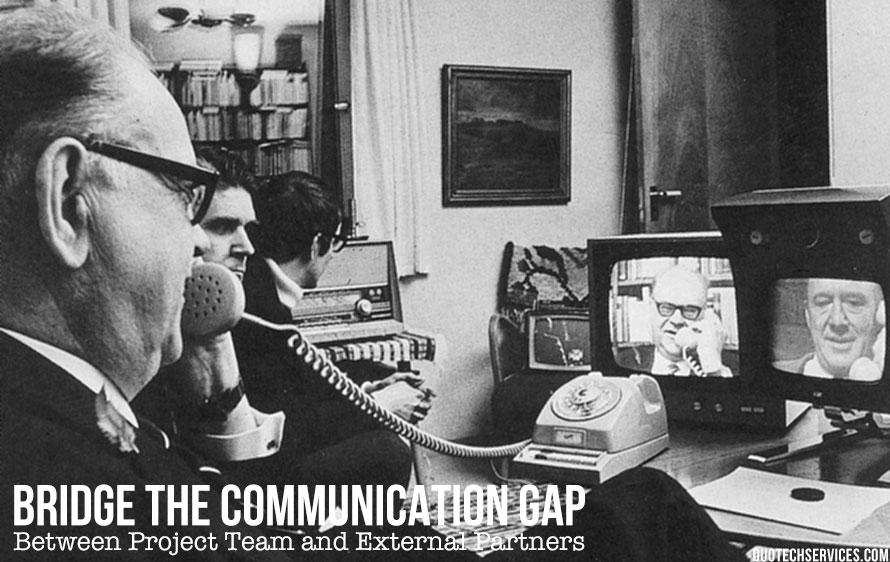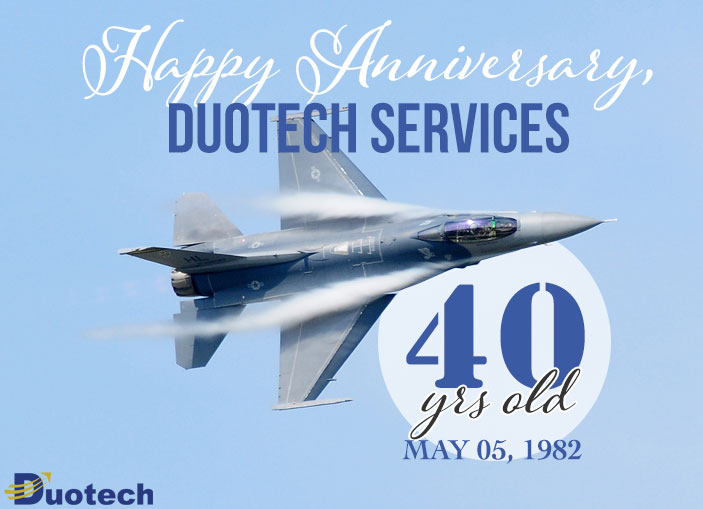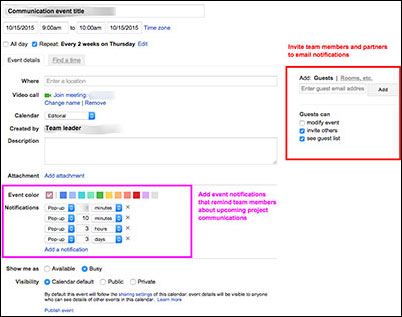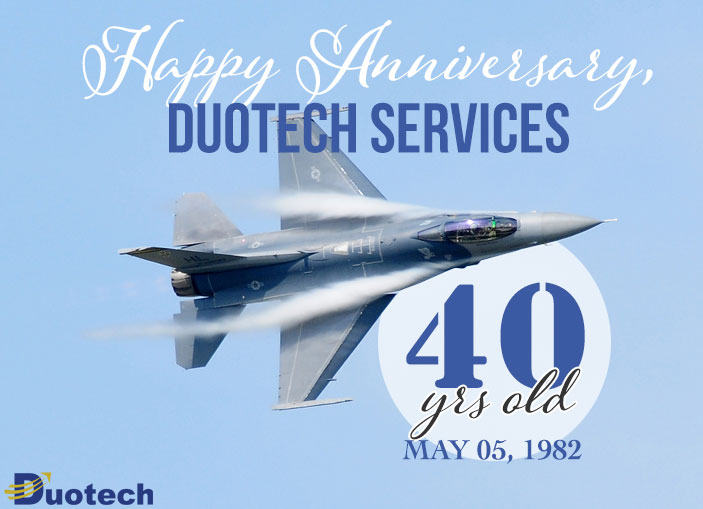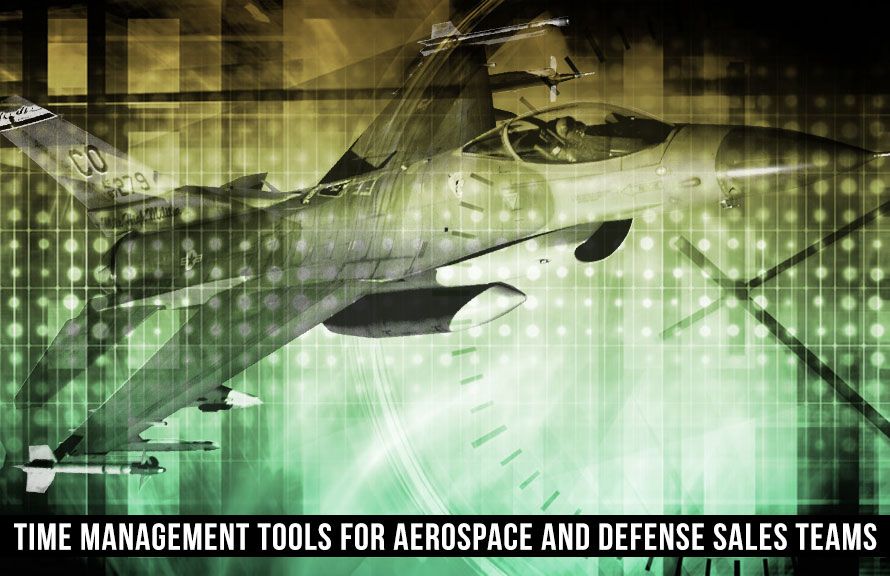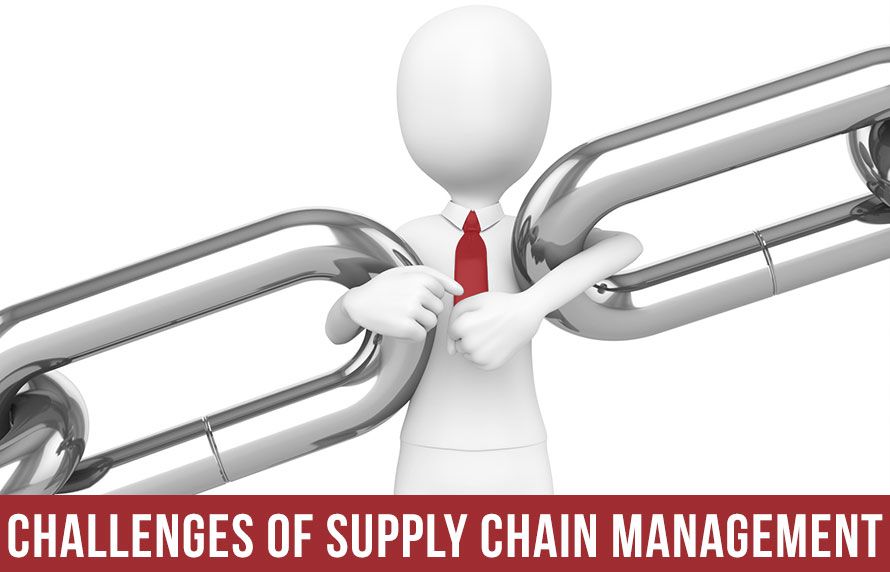In today’s business world many companies operate in a global market. Your company may have staffed offices in many different states, or even in other countries. Depending on your market, and where along the supply chain your business sits, you may be constantly interacting with overseas business partners.
As one of your company’s Senior Buyer or a Procurement Manager, in the aerospace industry, you may often fill the role of a project manager. One of the critical parts that lead to a successful project plan is building in communication that closely ties your internal team members and the external business partners.
In real estate success may be about the three ‘L’s; location, location, location. But, when it comes to successful team collaboration, it’s all about the three ‘C’s; communication, communication, communication.
Collaboration and Communication are essential
- Create a prioritized list that everyone unites behind
- Communicate a clear deadline
- Use a central, cloud-based location for a shared knowledge base that all project team members can access
- Ensure all parties stay well synchronized
- Be transparent, and expect transparency from all project members
- Establish a clear workflow that everyone understands
- Set the expectation that your team and the external partners communicate throughout the entire project
Communication during the entire process between both the team members and external partners is essential to reaching established milestones along the way, meeting the projected deadlines, and keeping the client happy.
Keep all parties in sync using:
 Calendar Notifications – Once you’ve established meetings along the project timeline, take advantage of calendar notifications using an online calendar tool like Google’s. As you invite team members to a conference call, include pop up reminders so all parties can remain prepared, and are less likely to miss a call. Example periods might be 1 day, 6 hours, 30 minutes, and 10-minute reminders on the invite.
Calendar Notifications – Once you’ve established meetings along the project timeline, take advantage of calendar notifications using an online calendar tool like Google’s. As you invite team members to a conference call, include pop up reminders so all parties can remain prepared, and are less likely to miss a call. Example periods might be 1 day, 6 hours, 30 minutes, and 10-minute reminders on the invite.- Proper Meeting Amounts – Have you ever been frustrated by a project leader who seems to schedule more meetings than are probably necessary? As a project manager, along with establishing a solid expectation of communication, you should also consider frequency. Establish a meeting scheduled for only the amount necessary at the particular phase of your project. What does this mean? If you are in the very early stages of the project, or the very last stages, you may need to schedule more frequent contact between the participants. In the middle, you will likely need to meet less often.
- Share Information – Create a secure online space for sharing important documents. Two great options are Google Docs and Dropbox.
- Email – This may not be the newest form of communication, but it can still have its advantages. Quick, precise contact between all parties where “reply to all” allows everyone to take part. Use this resource more for quick project updates, eliminating some conference calls through the middle section of the project. Use the subject line to your advantage. For example, creating a subject line “Urgent: Team Name” allows the recipients to pick that email out quickly amongst a sea of other email communications.
- Phone, or video conference – Phone conferencing is a convenient way to hold meetings with numerous people over long distances. Many companies find that face-to-face business meetings, providing a more personal and engaging way to meet through the lifespan of a project. It should eliminate the need of team members and partners from flying back and forth regularly, which will run up project development costs.
Coordinating with global partners means communicating regularly, and holding everyone accountable to take part in these communications. When you’re searching to identifying a facility to fulfill MRO for aviation electronics, or a manufacturing engineer partner, that you can trust to be in your supply chain, it should be an experience, qualified depot with excellent communications capabilities to keep your project on target.
Duotech Services is AS9100c and ISO9001 certified and a qualified repair station with over 30 years of experience in the aerospace industry. Find out how Duotech fits your MRO needs or your engineering goals.

